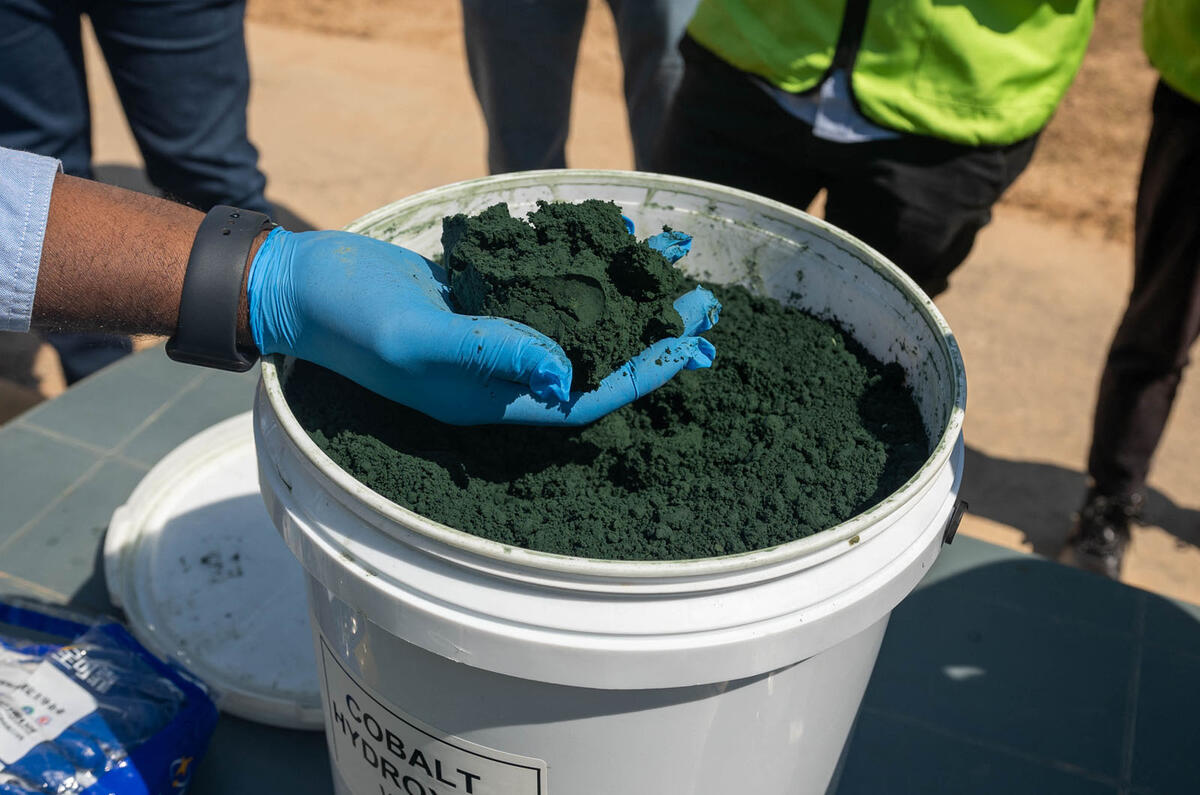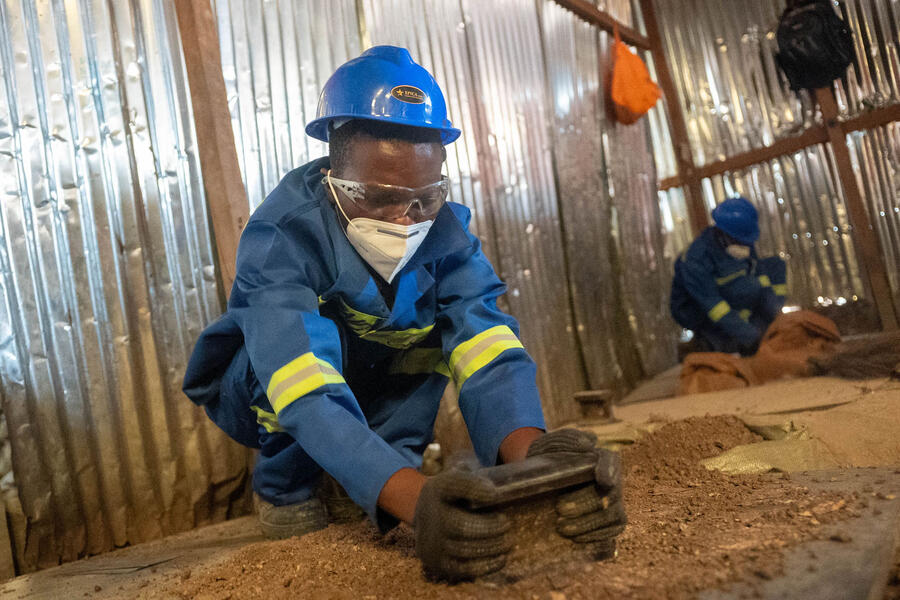The world’s largest electric car manufacturers are neglecting human rights by not addressing supply chain risk, according to Amnesty International.
The not-for-profit organisation’s findings, published as part of a 102-page report, say a failure by car makers to tackle risk in their mineral supply chains has potentially left communities living closest to mines, where cobalt, lithium, nickel and copper are extracted, “exposed to exploitation, health risks and environment harm”.
As part of the study, Amnesty International evaluated the human rights due diligence policies of 13 EV makers. It issued each one with a scorecard, which ranked them on their “human rights policies, risk identification process, supply chain mapping and reporting and mediation”, marking them on a scale from one (worst) to 90 (best).
The top mark, which Amnesty International awarded to Mercedes-Benz, was 51. Tesla scored 49 and Stellantis amassed 42 points. The Volkswagen Group, BMW and Ford were all awarded 41 marks.
At the lower end of the spectrum, Amnesty International gave Chinese car maker BYD 11 points, while Mitsubishi (13) and Hyundai (21) also scored poorly.
Amnesty International secretary general Agnès Callamard called the scores “a massive disappointment” and added that BYD’s disclosures “show a serious lack of transparency on human rights diligence in its battery supply chains”. She noted that Hyundai and Mitsubishi “lack the necessary depth and information about implementation across key human rights due diligence areas”.

While Amnesty International gave each car maker the opportunity to reply and published their responses in full in the report, to ensure balance Autocar also contacted the manufacturers involved.









Join the debate
Add your comment
Having read all the posts I agree. So come on Autocar, defend this article and your readers postings?
Strange that they present this as an EV problem rather than a battery supply chain problem. Batteries are used in phones, laptops and hundreds of other devices, but that story would get no media exposure.
Battery supply chains need attention full stop, not just in connection with EVs.
the many human rights abuses with oil extraction don't seem to get any attention because the stories don make the news.
Well, I think cars will makes it a much larger problem than phones.We know oil is a huge problem at this point. Ethical debates are always complex but I think in this case we can both assume we have to transition away from oil to save the planet but car batteries have issues. We still need this kind of article, when it's not used for whataboutism to say "See? Electric is bad too, let's stick with oil"....well, we may use this to remember that mass transportation is the best solution for all and cars should be used only when all other options are unfeasible (unfeasible, not unprofitable). But that's in an ideal world.
Autocar is a magazine about cars, not phones or laptops -- the focus on EVs seems rather logical. Also, the massive governmental/regulatory push currently underway -- that would result in enormous increases in battery production -- is about EVs, not phones or laptops. Further, fossil fuels, quite obviously, are not only used by cars. There certainly has been no lack of coverage about fossil fuels and the environment, and whenever there is an oil spill it's all over the news!